University of Minnesota students at the Humphrey School of Public Affairs are continuing to advocate for the school to change its relationship with Hennepin County Attorney Mike Freeman, who sits on the Dean’s Advisory Council. As a member of the council, Freeman’s role is to help strengthen ties to the community and advise the dean.
Students started a petition last summer calling the Humphrey School to remove Freeman from the Dean’s Advisory Council, among several other requests, and criticizing his handling of George Floyd’s case and other cases of police brutality. Last week, student leaders published a website with the petition, a timeline of the events that followed the killing of George Floyd and a community voices survey to gather responses about racial equity at the Humphrey School.
The petition includes requests to remove Freeman from the council, rename the Orville and Jane Freeman Commons and establish a fund for anti-racism training, hiring and retaining diverse tenured faculty and intersectional race and policy curriculum. Students also asked the school to disclose financial ties to the Freeman family and the Humphrey School.
In September, student leaders had their first meeting with some council members who opposed the removal of Freeman from the Dean’s Advisory Council to discuss future steps. In addition to discussing the requests in the petition, members of the advisory council expressed their views about removing Freeman.
Some members said they felt that removing Freeman from the council was unproductive to achieve the racial justice that student petitioners are seeking.
“I think that’s a really good question to ask ourselves: ‘Who else don’t we like?’ Because I bet you can find some other people that you don’t like too. And eventually, maybe build a table that is only the voices you like,” said Kim Nelson, retired senior vice president of external relations for General Mills, in the meeting. Nelson is the chair of the nominating committee for the council.
Students leaders said the meeting was frustrating, and questions were still unanswered.
“It was incredibly frustrating to watch. I had to break it up over a couple sessions of watching it just because I got very frustrated with the stonewalling that was happening,” said Njoya Chomilo, a third-year master’s of public policy and MBA student at the Humphrey School.
In response to the petition, Laura Bloomberg, dean of the Humphrey School, sent a letter to the student petitioners in July. In the letter, Bloomberg addressed the requests in the petition and pointed out that Freeman will reach the end of his term on the council by the end of this academic year.
“The updated bylaws now ensure that council members have term limits and that those
term limits are followed,” Bloomberg said in the response letter.
For renaming the Orville and Jane Freeman Commons, the Humphrey School’s Equity and Inclusion Council is assigned to examine questions to determine the Rondo community and the Humphrey School’s history, according to Bloomberg’s response letter.
Bloomberg’s letter also provides three records of financial ties to the Freeman family, which include a fellowship, an endowment fund for the Freeman Faculty Chair and Freeman’s pay rate as he taught one class every other year for more than 15 years.
Some students said that waiting for Freeman’s term to end is not a solution, and efforts for racial justice should be on the legislative side and the Humphrey School.
John Tunheim, a member of the advisory council and chief U.S. district judge, said Freeman had been an important contributor to the success of the Humphrey School, and removing him is not the right approach. If students have issues with the way a prosecutor follows the law, they should bring the issue to the legislature, he added.
During the meeting, a student asked whether Freeman’s presence on the advisory council was helpful to Bloomberg.
“It’s a resounding yes. And it’s yes because there’s a diversity of opinions … I accept and acknowledge and I realize there are consequences with students of this decision,” Bloomberg said in the meeting. “I equally believe there are other consequences of making a different decision.”
Chomilo said he understands the importance of having different opinions on the council.
“But we are not organizing around a difference of opinion,” he said, adding that the student petitioners are organizing to put forth solutions on the petition signed by more than 400 alumni, students, community members and faculty.


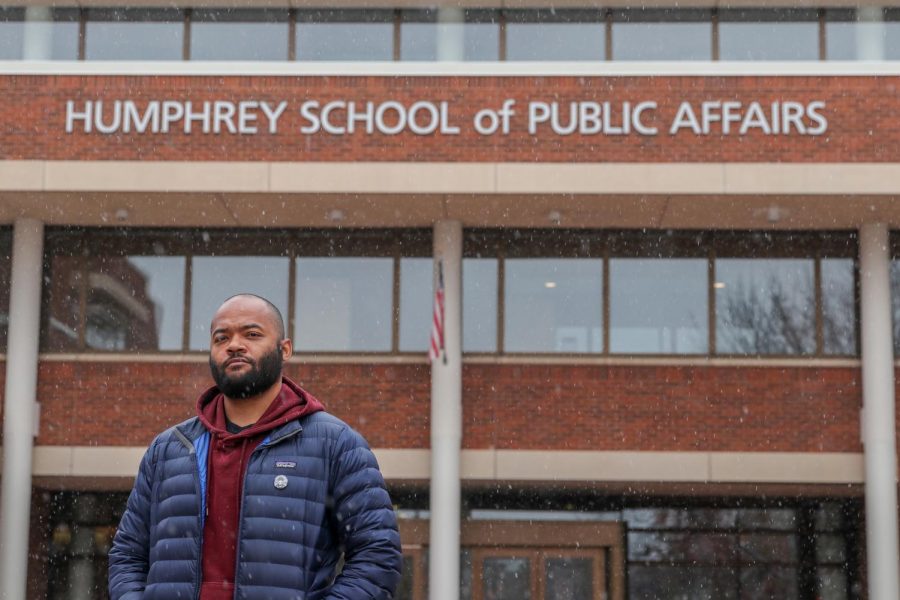











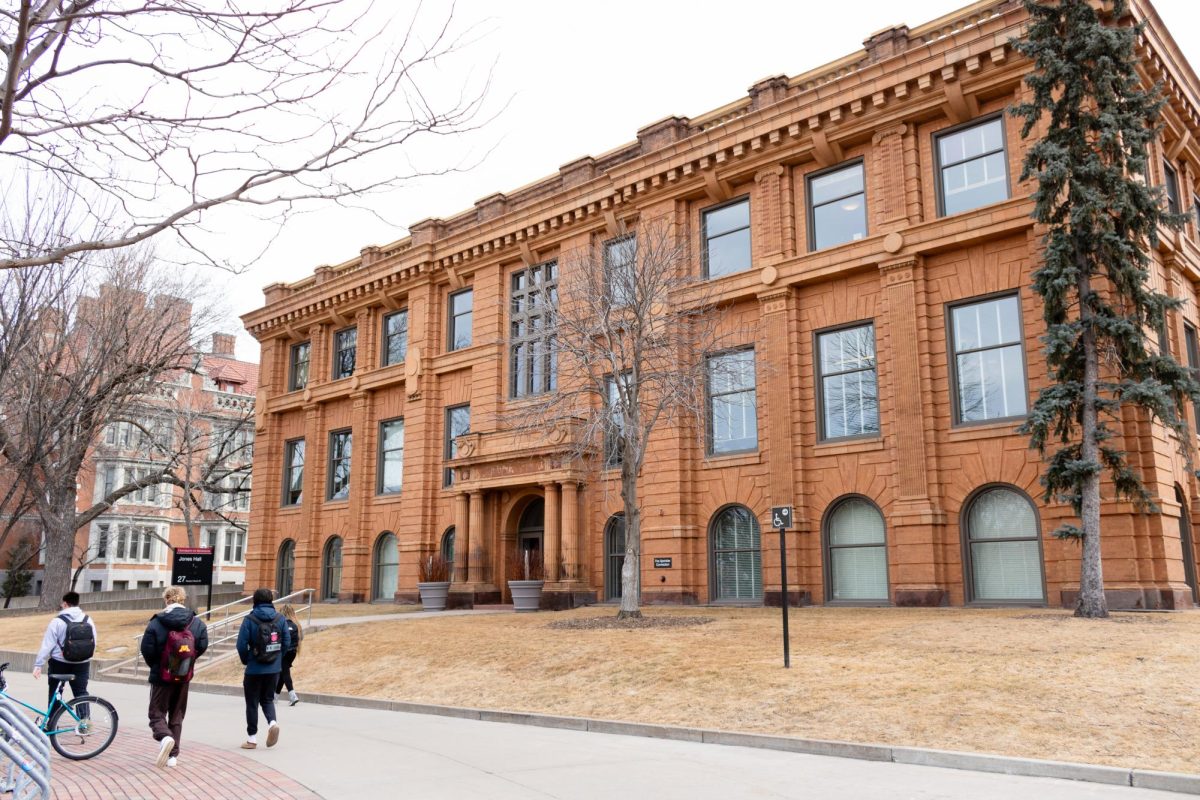
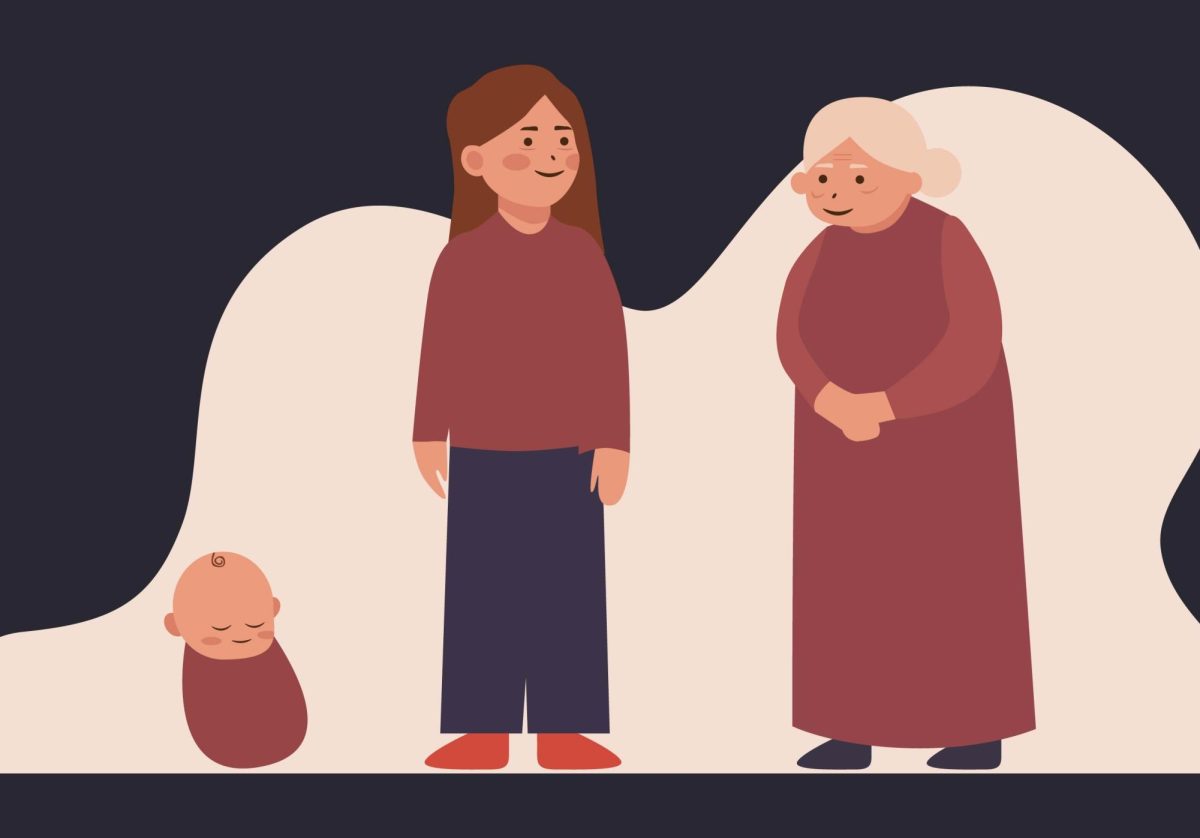

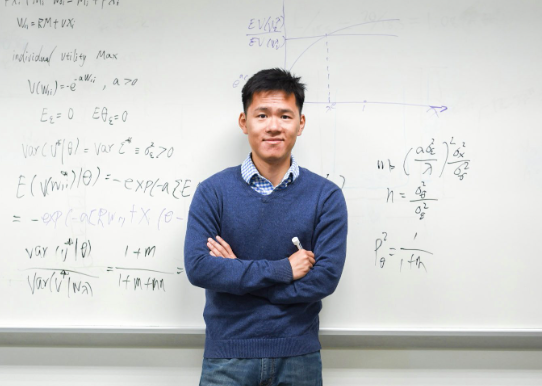
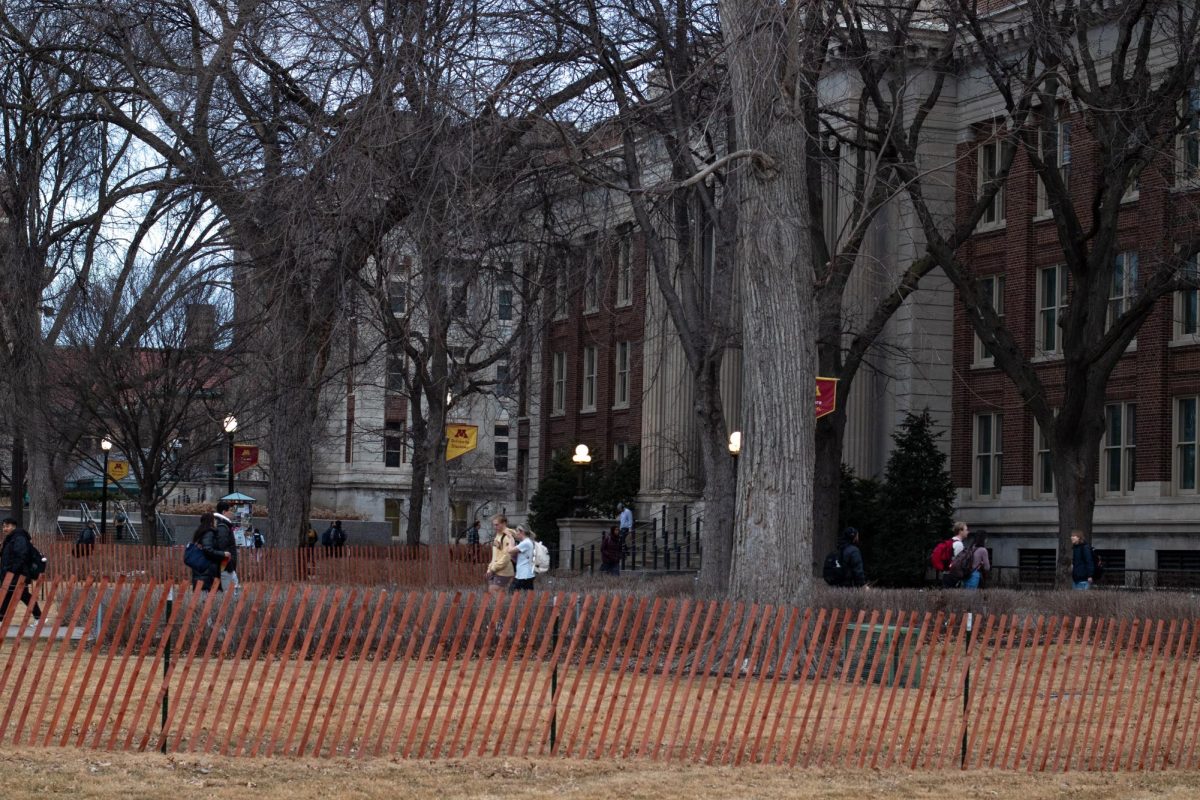
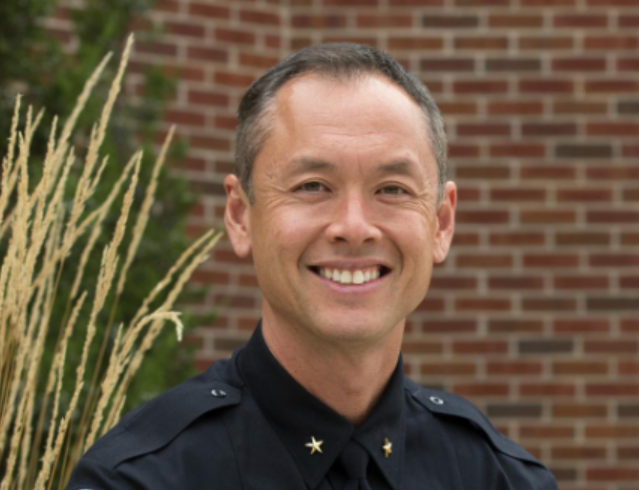
Ms. Lorna
Nov 1, 2020 at 12:28 am
If black lives really matter to these snowflakes, they’d stop blaming police and start blaming whatever it is that causes 70% of black kids to grow up without a father in the house. The result of that situation ??? Blacks committing 2/3 of the murders in this country when they comprise only 15% of the population. Police aren’t the problem. “Systemic racism” does not exist. Excuses, however, abound.